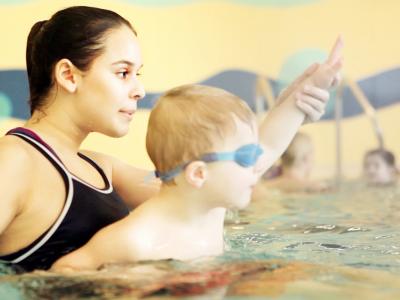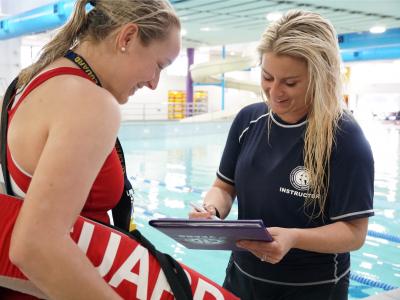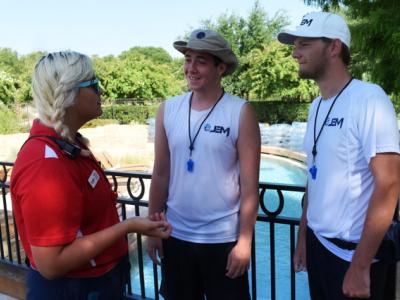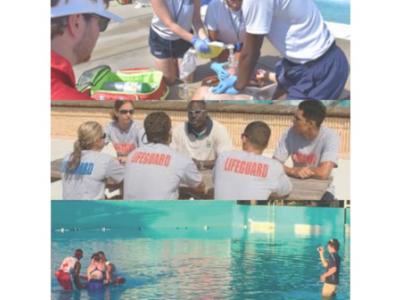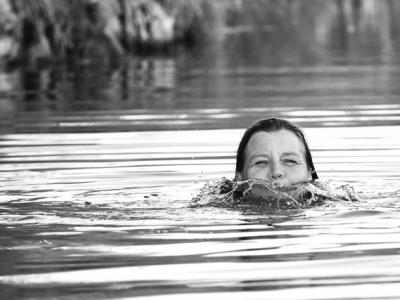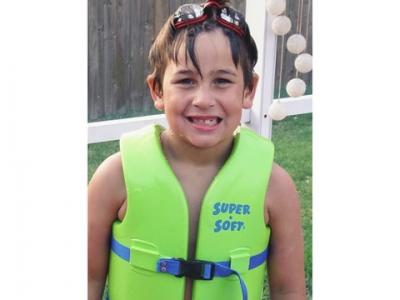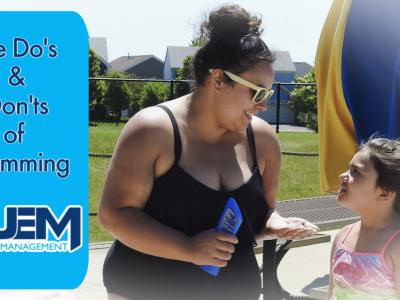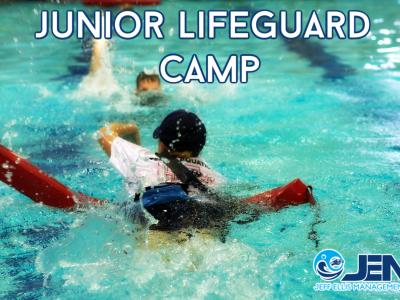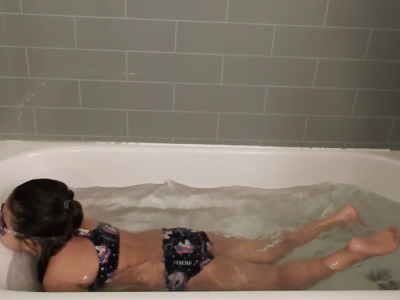As an aquatic professional, you understand the priceless value of an individual having the lifesaving ability of swimming. If your aquatic facility does not currently have swim lessons or water safety courses available, you may have considered in the past to add one but never went through with it.
Blog
One of the many elements in creating a successful aquatic operation is adapting your training to the local culture. Keeping a high standard in aquatic training (teaching everything correctly and exceeding the standards) is crucial in your training, but what is also crucial is adjusting to the culture of your local demographics.
I was seventeen and the first job I held outside of babysitting was at a McDonald’s. I never thought I’d work in fast food, but I had a friend that worked there, and she said it was fun. I believed her, applied, and got the job with little thought about what I was taking on.
One of the many elements that make Jeff Ellis Management (and its sister company Ellis & Associates) stand out from other lifeguard training companies is its utilization of the auditing program. An audit is a form of accountability.
Over and over again, individuals hear of the importance of children learning how to swim – not only as a literal lifesaving skill but also as great exercise and confidence building. But what about adults who do not know how to swim?
When you think of going swimming—whether that's a pool, a lake, or your backyard pool—what should all of these places have available?
Lifejackets!
Lifejackets should be made available for all swimmers whether they are children or adults. When lifejackets are made available, more guests are encouraged to utilize them.
A junior lifeguard program is an excellent opportunity for aquatic facilities to potentially recruit future employees. If you are an aquatics manager looking for extra outlets to recruit strong candidates to be your future lifeguards, then looking into hosting a junior lifeguard camp is a smart outlet.

